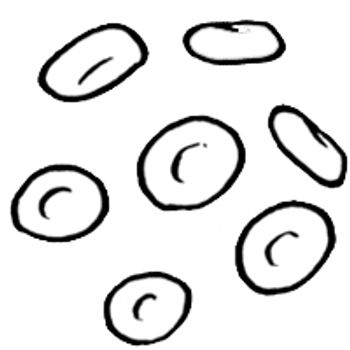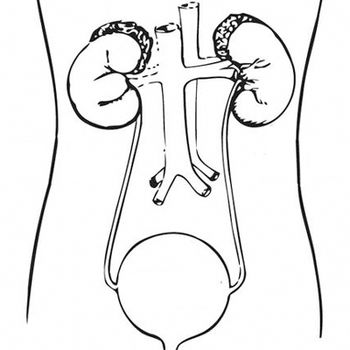
Mutations in FLT3 have long been recognized in a portion of patients with acute myeloid leukemia. Yet it took more than 15 years until an agent targeting FLT3 mutations came to fruition with the FDA approval of midostaurin in April 2017, marking about 40 years since the last new agent was approved to treat patients with AML.



